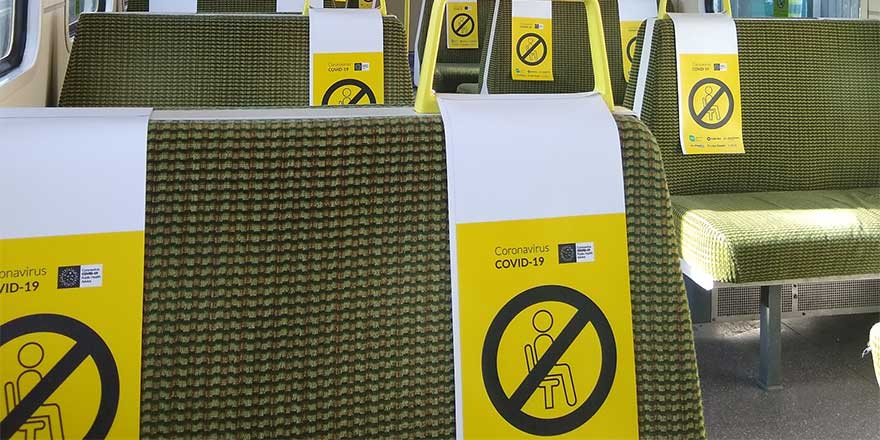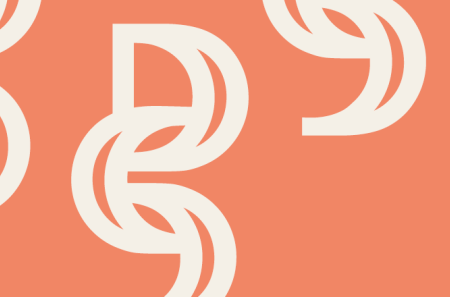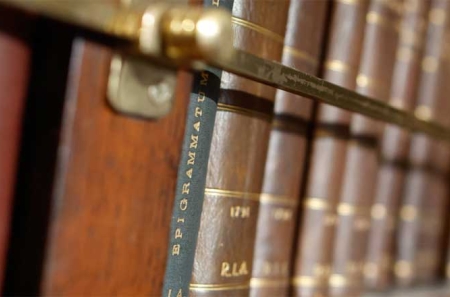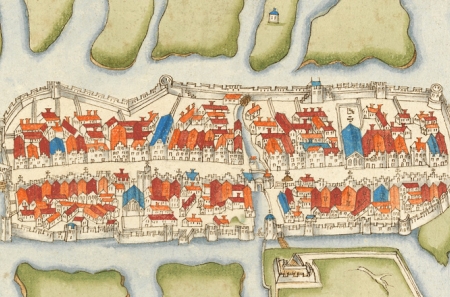‘The Power of a Photograph’: Collecting and Digital Preservation in Times of Social Change
When
Tuesday, June 16, 2020, 15:00 - 16:00Where
Tickets
Join the Digital Repository of Ireland and the National Archives, Ireland for this collaborative online event:
COVID-19 has impacted every part of public and private life across the world, ranging from the way that we work and how and where we can travel, to how we interact with our friends and family. In the short to medium term, the pandemic and its response have brought about large-scale social and behavioural change.
At this time of uncertainty and vulnerability, many of us have been documenting our lives and work in a variety of ways, including through photography, writing and social media posts. As we continue to experience the pandemic, there is widespread awareness that this is an unprecedented and bizarre time which deserves to be recorded so that we can look back on it - hopefully - in more certain times. But how safe are these memories? Should they be shared more widely, to become part of a collective memory?
This year is also the fifth anniversary of the historic 2015 marriage equality referendum in Ireland which resulted in ‘an unambiguous victory for equality’ (Laurence Davis in The Journal). This event was a moment of profound social change too - albeit of a different nature to that which we are experiencing right now. Indeed, the marriage equality referendum was one of a number of significant changes that Ireland has experienced in recent years.
This momentous event was recorded in various ways by both individuals and organisations. The National Library of Ireland has been acquiring some of these records, especially the photographic archive of the ‘Yes Equality’ campaign. Director of the NLI Dr Sandra Collins has commented: ‘Ireland has undergone huge changes over the last number of years and it’s really important that we add the memory, those milestones, into the national collections’ (The Irish Times). So, how has this initiative been planned and co-ordinated, what progress has been made and what lessons could we learn for current and future moments and movements of social importance?
Join DRI and the National Archives, Ireland for an online event in which Della Keating and Joanna Finegan of the NLI will ask ‘what will we know about the present in 100 years’ time if an important aspect of Irish culture is not preserved now?’. They will highlight the power of a photograph and briefly discuss some of the challenges and issues around their long-term preservation, particularly in the digital world. They will also discuss the work of the National Library of Ireland in preserving Ireland’s contemporary heritage in digital form, highlighting the Yes Equality Visual Digital Archive of photographs commissioned for the marriage equality campaign as well as the NLI Selective Web Archive which is a rich resource for visual content.
Caylin Smith, Digital Preservation Manager at Cambridge University Library will argue that ‘the COVID-19 pandemic is unprecedented. As with any historic moment, it is crucial to capture a record of the events as they unfold'. Cambridge University Library has created a new collection to ensure there is a record of how the Collegiate University and the wider Cambridge community are experiencing life during the pandemic. The talk will ask: ‘How are people coping with changes to their daily lives and what are the ways this period has impacted work, social activity, and leisure? How are people illustrating this period through photographs, artworks, online, and in other formats?’ This talk will highlight the importance of collecting materials about the COVID-19 pandemic both at Cambridge and in a wider context. It will also describe the acquisition, curation, and appraisal process for how this collection was and continues to be developed during a time that has greatly impacted our day-to-day life and work.




